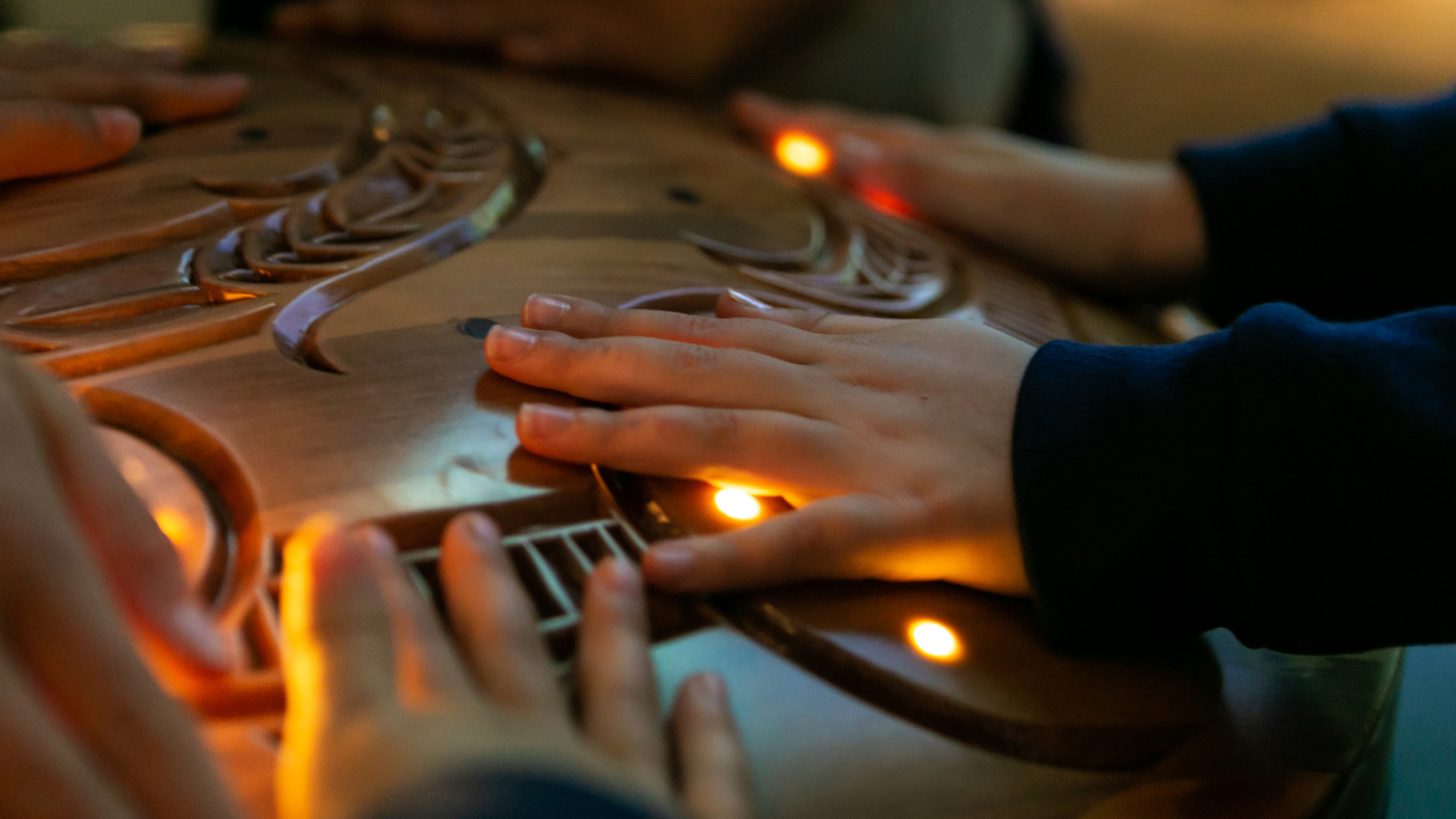
Join Dr Jamie Metzger to learn about the concept of Mauri in the context of museology. Taonga (treasured ancestral resources) are imbued with many unique elements, one of those is known as mauri (energy). Māori take a holistic view of the environment, believing that all things are interconnected by mauri. The presence of mauri and the need protect it drives the socio-environmental ethic of kaitiakitanga, the inherited right and responsibility to care for something ancestrally important. Maintaining mauri – the delicate energy balance possessed by taonga – guides Māori kin-accountable behaviour in relation to the care and management of their resources. It is essential to the wellbeing of the ecosystem and those that depend on it.
While mauri itself is an intangible quality, shifts in mauri are expressed through different indicators within the environment. Power structures created by colonialism have dismantled kin-communities, leaving them no longer able fulfil their role as kaitiaki (guardian/protector). This is expressed in the rise of Māori becoming the marginalised, disadvantaged, ignored and forgotten. However damaged, the imprint of the tangata whenua (people of the soil) is still present in the colonised landscape and could be found in the mauri possessed by the taonga that rest within museums. The question remains, what are museums doing to restore the balance?
Mauri provides a unique window to investigate the inherent tensions and potential solutions underpinning the operational management of museum-held taonga. An application of this concept is a pathway to look towards an aspirational future: how these sites could transform into new sites of Indigenous healing and wellbeing.
Dr Jamie Metzger (Ngāi Tahu) leads the Ngākahu domestic repatriation programme at Te Papa Tongarewa. The programme aims to support New Zealand museums to repatriate the ancestral human remains held in their care and descendant communities in the return of their ancestors. She is an Adjunct Research Fellow at the Stout Research Centre for New Zealand Studies at Victoria University and outgoing Chair of the New Zealand Repatriation Research Network. In 2022 she completed her doctoral thesis at the University of Otago which examined Māori engagement in museums and considers the ongoing custodial care of their treasured ancestral items of significance, also known as taonga.
Photo Credit: Storybox